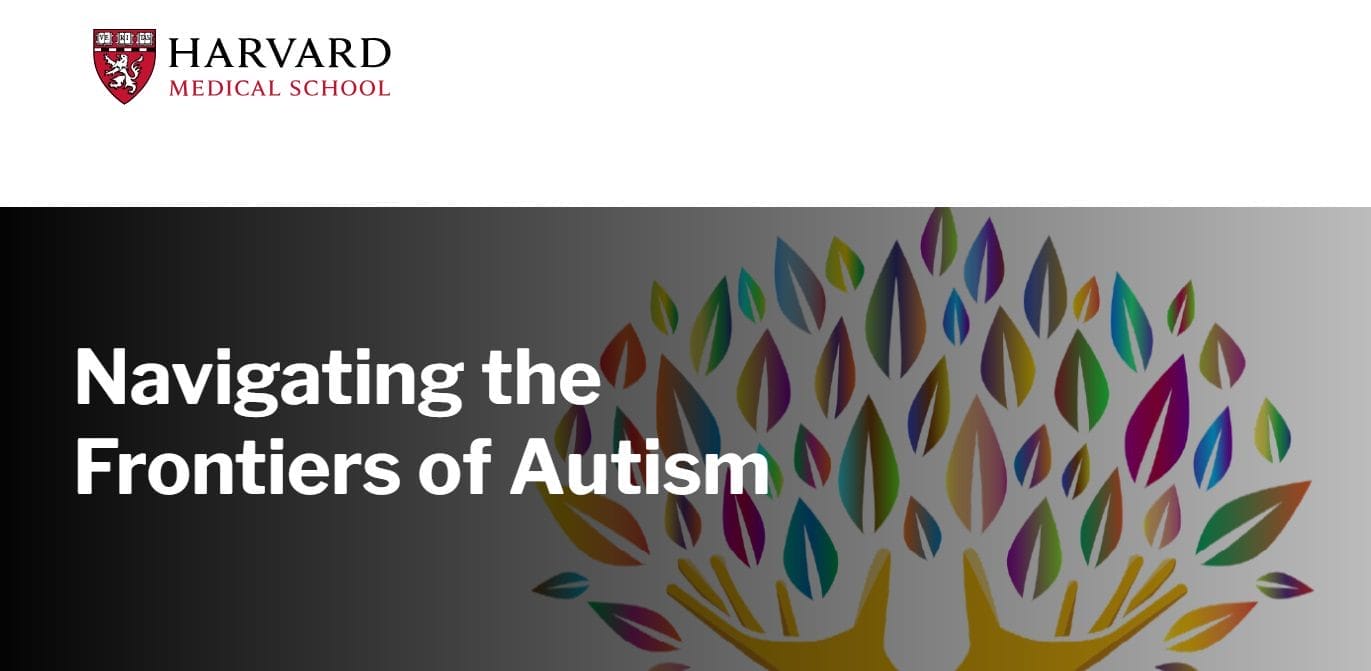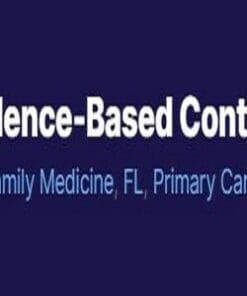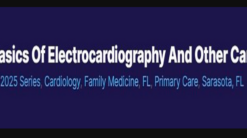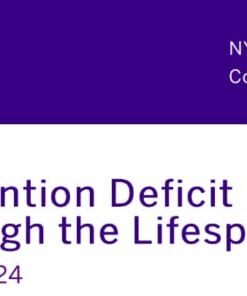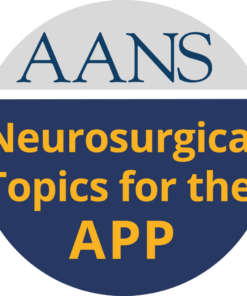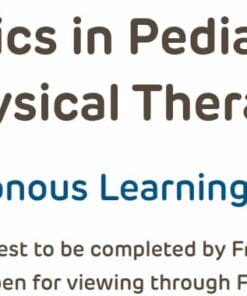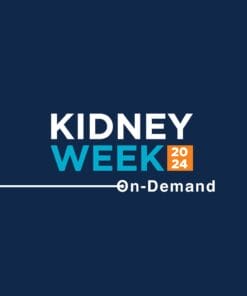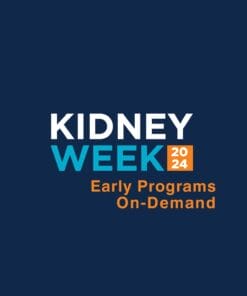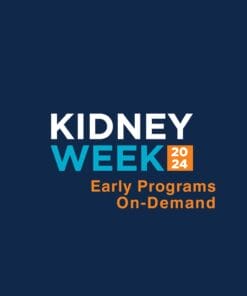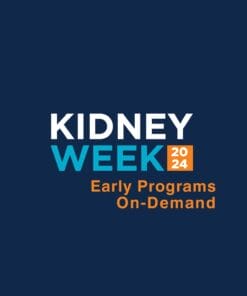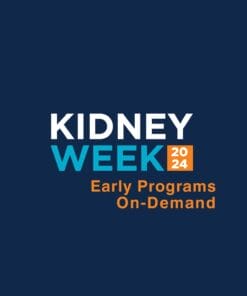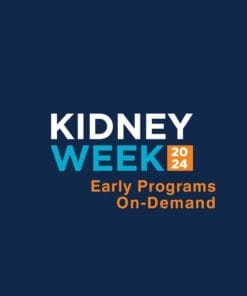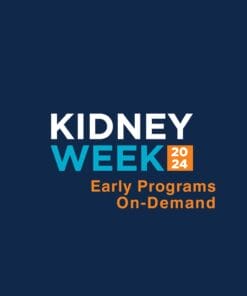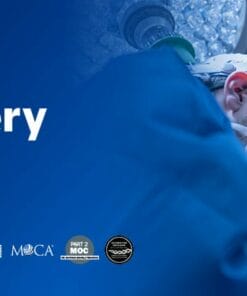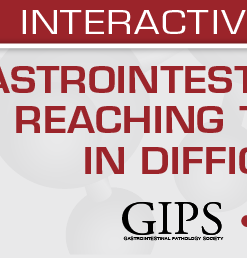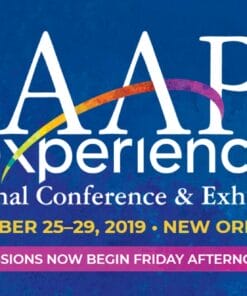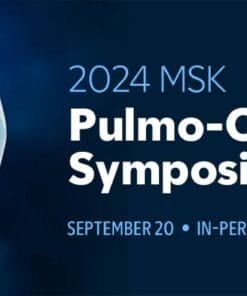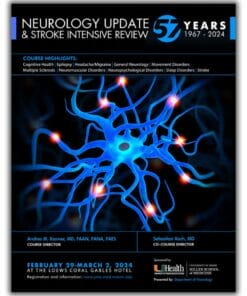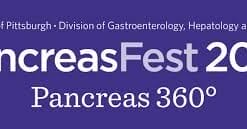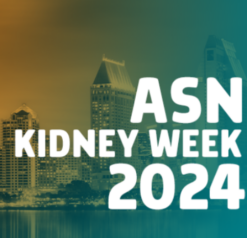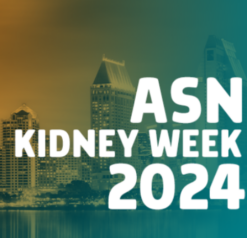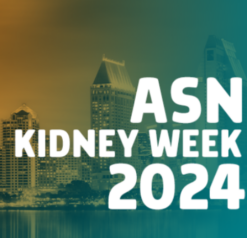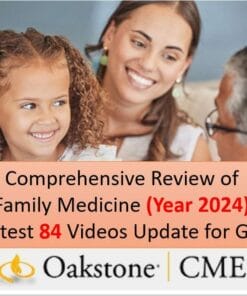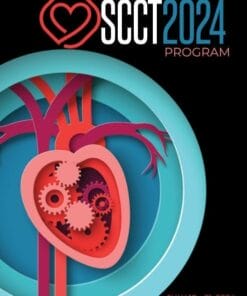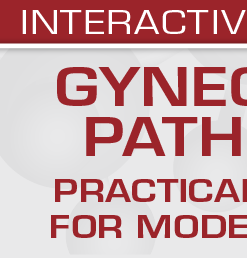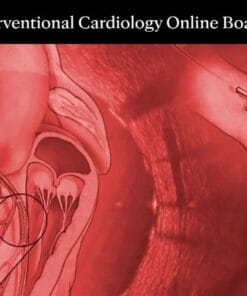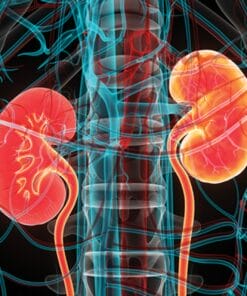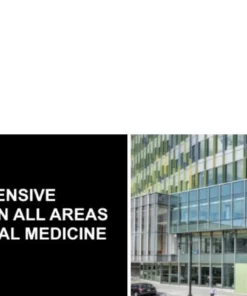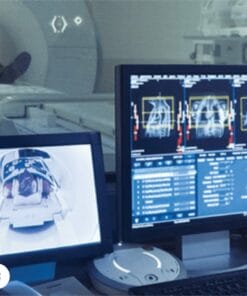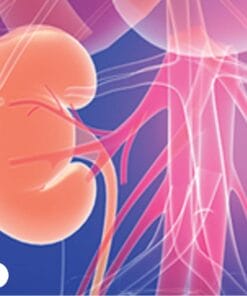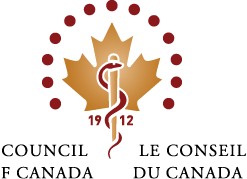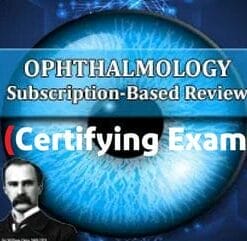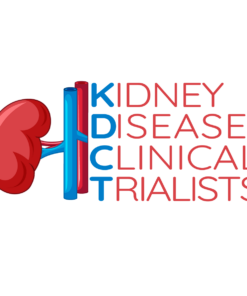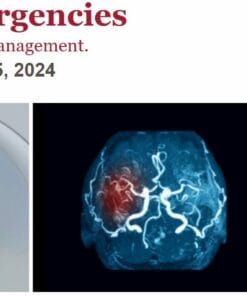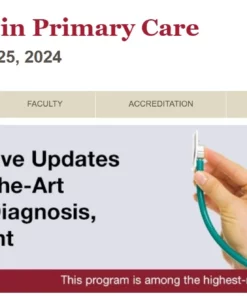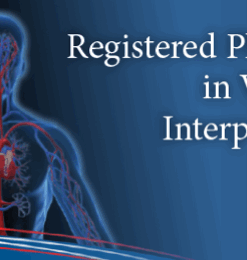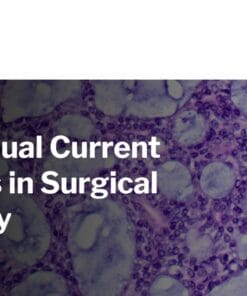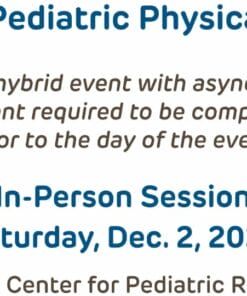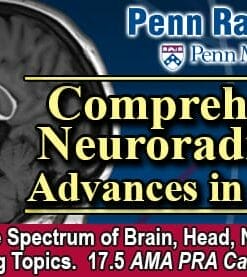Harvard Navigating the Frontiers of Autism 2024
50 $
Delivery time: Maximum to 1 hours
Format : Video + PDF
Despite advances in recent years, there are several aspects of autism and its clinical care that are not well understood. These ‘gray areas’ require exploration and further research to improve our capacity to provide tailored and optimal clinical care to patients. Clinicians must therefore keep up to date on this widely variable disorder and the latest innovative strategies to treat it.
New frontiers in our understanding of autism include: differences in how autism presents in girls; missed or inappropriate diagnosis in less obvious cases; the relationship between autism and gender identity; the overlap of autism and ADHD; and medication management that effectively addresses associated symptoms. Irritability is also a common problem in autism that is poorly defined and requires a multi-modal approach to care. Finally, there is a need to increase awareness of the double burden of patients with autism and racial, ethnic, linguistic, or social disadvantage who suffer delays in assessment and treatment.
This course aims to help clinicians better identify and treat these challenging aspects of autism. The day will culminate in a lived experience panel with several individuals and family members sharing their unique and impactful stories. All clinicians treating children, adolescents, or adults with autism are welcome!
Who Should Attend
- Psychologists
- Nurses
- Nurse Practitioners
- Physician Assistants
- Primary Care Physicians
- Specialty Physicians
- Social Workers
- Counselors
- Family Therapists
Learning Objectives
Upon completion of this activity, participants will be able to:
- Identify the markers of autism that most commonly present in girls or high-functioning individuals.
- Explore issues of gender identity in people with autism.
- Manage executive function in ASD using targeted strategies.
- Outline key approaches to the pharmacologic management of associated symptoms.
- Utilize clinical strategies to manage the symptom of irritability in ASD.
- Summarize the excess burden of suffering for minoritized patients with autism and how it results in further deleterious clinical outcomes.
- Review how the challenges of neurodiversity have been experienced by individuals with autism.
2024 Agenda
All agenda sessions are in Eastern Time.
Friday, November 8, 2024
Welcome & Introduction
Margaret Weiss, MD, PhD, FRCP (C); Peter Daniolos, MD, DFAACAP
Understanding and Assessing Autism
Donna Henderson, PsyD
Break
Comorbid ADHD/ASD: Focus on Executive Function
Russell Schachar, MD, FRCP (C)
Break
Irritability in ASD
Raman Baweja, MBBS, MD, MS
Lunch
Psychopharmacology: Clinical Gaps and Recent Advances
Robyn Thom, MD
Break
“Stuck at the Crossroads”: The Intersection of Developmental Delay and Social Inequity in the Psychopharmacological Management of ASD
Margaret Weiss, MD, PhD, FRCP (C)
Break
The Common Intersections Among Gender Diversity, Autism, and Mental Health
Anna van der Miesen
Break
Living Through the Challenges of Neurodiversity (Patient & Clinician Conversation)
Margaret Weiss, MD, PhD, FRCP (C); Peter Daniolos, MD, DFAACAP
Close Program
Margaret Weiss, MD, PhD, FRCP (C); Peter Daniolos, MD, DFAACAP
Related Products
Video Medical
Emergency Medicine: Evidence-Based Content, Practical Applications 2024 (Videos + Audios)
Video Medical
NYU Langone Health Update on Attention Deficit Hyperactivity Disorder Through the Lifespan 2024
Video Medical
Harvard 9th Annual Board Review and Update in Pulmonary and Critical Care Medicine 2024
Video Medical
Nationwide Children Pediatric Gastroenterology Conference for Primary Care Clinicians 2024
Video Medical
MENA Conference 10th Abu Dhabi International Conference in Dermatology & Aesthetics 2024
Video Medical
Obstetric Anaesthetists Association Joint OAA and UK Maternal Cardiology Society Meeting 2024
Video Medical
Internal Medicine and Urgent Care-Pediatrics: A Review and Update 2025 (Videos + Syllabus)
Video Medical
Obstetric Anaesthetists Association Joint OAA and British Society for Haematology Meeting 2023




